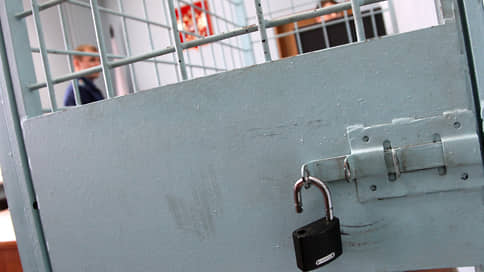The White House has expanded the grounds for changing the terms of concessions in the field of housing and communal services

The government has expanded the grounds for changing the terms of concession agreements in the fields of heat and water supply- now they can be adjusted if the key rate of the Central Bank has grown after the conclusion of the concession by two percentage points or more. It will also be possible to change the terms of the agreement in a situation where objects were transferred to the investor whose characteristics were worse than the initially expected. Market participants and experts believe that changes will increase the flexibility and stability of concessions.
The White House approved a resolution providing for the expansion of the grounds for changing the conditions of concessions in the areas of heat and water supply. Now, among such grounds, the circumstances of the insurmountable force that impede the execution of the contract, as well as the adoption of regulatory legal acts, leading to the fact that the parties are unable to fulfill obligations, or to a deterioration in the situation of the concessionaire.
Now this list is replenished with an item on increasing the key rate of the Central Bank (now – 21%) by at least two percentage points compared to the rate that was valid at the time of the conclusion of the agreement (their term is usually quite long). It will also be possible to change the conditions if during the technical examination of the object transferred to the investor, it turned out that its indicators of reliability and ethnicuation efficiency do not correspond to the indicated in the agreement, that is, they turned out to be worse than initially supposed.
As explained by Kommersant in the Federal Antimonopoly Service (FAS), the document is aimed at increasing the investment attractiveness of concessions and will allow us to adapt them to changing macroeconomic conditions, reduce risks and improve the financial situation of concessionaires.
The problem of the inconsistency of the objects transferred to the concessionaire by the declared characteristics is noted in the FAS, “it may have a massive nature” – the public side often does not own complete information about the state of infrastructure, and the discrepancies lead to difficulties for the investor due to the overestimation of the necessary resources and revising targeted indicators. Changes, believe in the department, remove these risks and increase the stability and reliability of heat and water supply. In the Ministry of Economy, innovations are supported, in the Ministry of Construction could not comment on them.
Elena Dovlatov, Executive Director of the Russian Association of Water Supply and Squir Forces, supports the change as a whole, but expects that they will act only with respect to conscientious concessionaires. The Association “Council of Electric Management” believes that innovations are stimulated by attracting investments by increasing the flexibility of concessions in the conditions of high turbulence of the economy – regions and investors will be able to clarify the cost of measures, their implementation, indicators of reliability and quality.
The director of the legal practice of Tedo Anna Batueva recalls that the high key rate makes it difficult to attract loans – interest covered by tariffs or budget funds, create a load on the project’s economy, especially taking into account the restrictions on utility bills. The chairman of the Communal Russia Committee on Communal Infrastructure and Housing and Public Utilities Lev Gorilovsky notes that the changes will actively attract loans to maintain the volume of planned measures, but the problems of the impossibility of servicing loans as part of the operation of the limiting indexes from citizens remain.
Changes regarding the account of the state of the concession object, Elena Dovlatova believes, are very relevant for investors – when signing an agreement, they evaluate other people’s property, but during the implementation of the project they can already more sensibly assess the state of the object. As Anna Batueva adds, this is due to the fact that a detailed examination at the stage of the competition requires significant costs for local budgets, in the case of a private initiative, the concessionaire does not have a full access to objects. However, Elena Dovlatov believes, it is worth establishing thresholds of possible changes in order to avoid abuse from unscrupulous investors.







